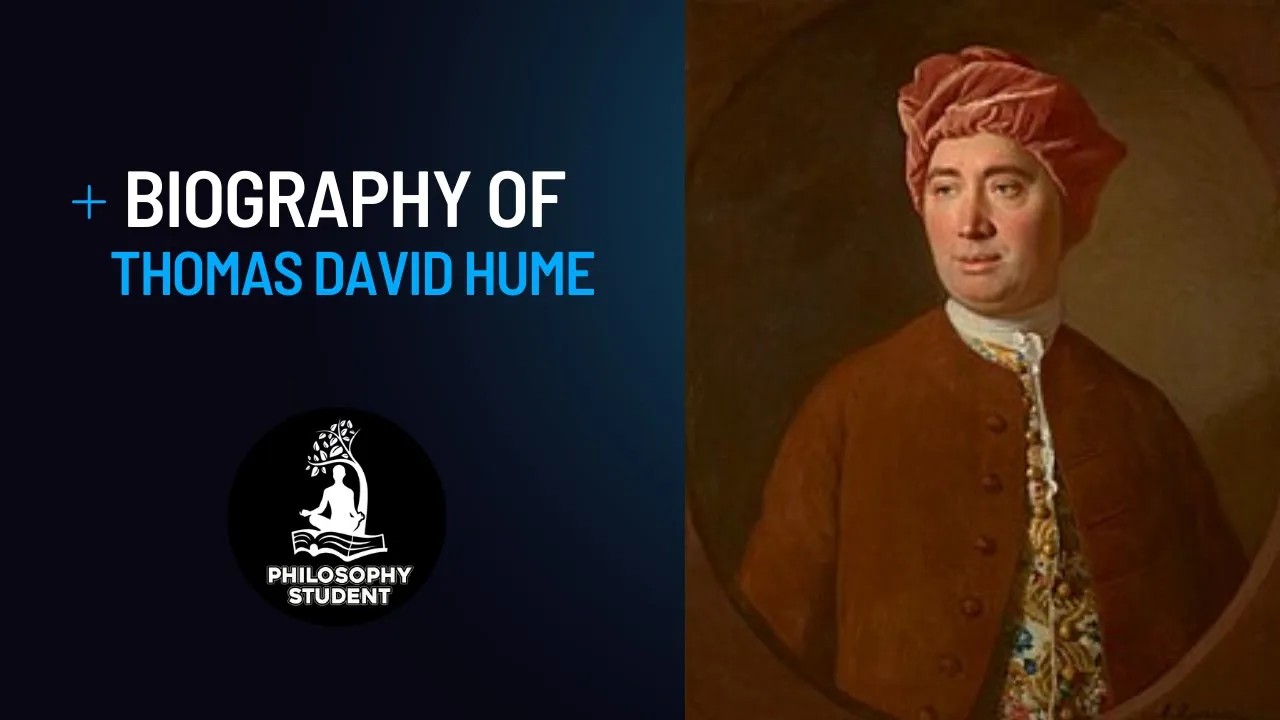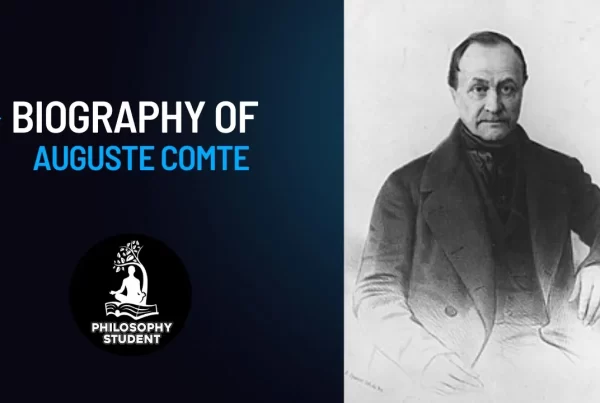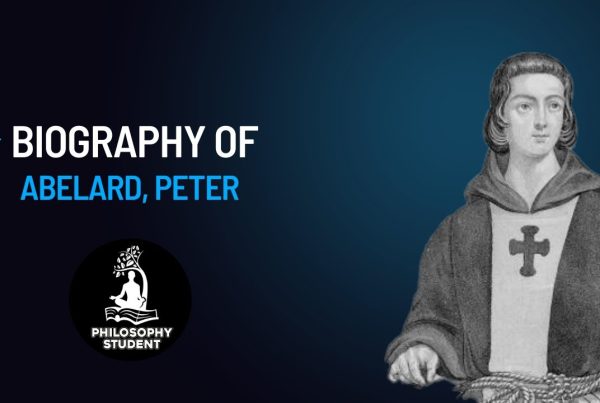The Scots philosopher David Hume was among the towering intellects of the eighteenth century and drew both admiration and condemnation—but always great interest—for his relentlessly skeptical approach to the entire range of subjects suited to philosophical inquiry.
As an epistemologist, he seems strikingly modern, arguing that personal identity itself is a kind of fiction because there is, in fact, no permanent self that is continuous through time. In examining commonsense notions of causality, he argued that our concept of cause and effect is not the product of observation but of unexamined habits of thinking. Moreover, he rejected reason as a reliable guide to reality and truth because reason is inherently contradictory. He argued that it is through congenital, inborn, natural beliefs that we are even capable of finding our way through life.
He rejected the miraculous in religion, arguing that belief founded on miracles is unreasonable. At the same time, he criticized the contention that the existence of God was provable through arguments based on design or causality. He defended the notion that popular religious beliefs are not the product of divine revelation but of irrational human psychology. Hume, however, was far less interested in questioning religion and the validity of divine revelation than he was to make philosophy entirely independent from religion or, for that matter, psychology. Indeed, he liberated morality itself from God and religion by proposing a secular morality based on motivation by anticipated outcomes. One acts in ways calculated to achieve useful or pleasing outcomes. This was the foundation of his concept of utility as a criterion for ethics and morals and anticipated the later utilitarianism of Jeremy Bentham and John Stuart Mill. Hume even ventured into the philosophy of aesthetics, arguing that human nature is defined by a common standard of aesthetic taste, and although he was an intellectual progressive, Hume’s political philosophy embraced the conservative view that governments are best run by strong monarchs.
David Hume was born on April 26, 1711 in Edinburgh, Scotland. A prodigy, he enrolled at Edinburgh University when he was just twelve and then traveled to France in 1734. He lived with Jesuits at La Flèche and wrote A Treatise of Human Nature (1739-1740). Taken aback by criticism of this book, he withdrew to his family’s estate in Berwickshire and wrote Essays Moral and Political (1741-1742), which was highly successful.
Hume served as judge advocate to General James St. Clair on a diplomatic mission to France in 1746 and then traveled with his entourage to Vienna and Turin during 1748-1749. In the meantime, he revised the ill-fated Treatise of Human Nature as Enquiry Concerning Human Understanding in 1748. The book begins with an introduction to philosophy itself and goes on to analyze the “origin of ideas” and the “association of ideas.” From this basis, Hume develops his skepticism regarding human understanding, casting doubt on whether inductive reasoning leads to knowledge (truth). Having immersed his readers in skepticism, Hume then rescues them with a “skeptical solution” to the doubt created by skepticism. Next, he investigates the roles of custom, belief, and probability as sources of knowledge. This is empirical epistemology. To address its shortcomings, which are dead ends in his skeptical view, Hume devotes the second part of his book to applied epistemology, which verges on what would emerge in the nineteenth century as pragmatism.
In the 1750s, Hume settled in Edinburgh and turned from the philosophy of mind and epistemology to ethics and political philosophy with his Enquiry Concerning the Principles of Morals (1751) and Political Discourses (1752). From these works, he turned to history with a massive History of England, on which he labored from 1754 to 1762. It became the standard English history for decades
Hume died in Edinburgh on August 25, 1776, having not only transformed philosophy in England but having generally recast Enlightenment thought throughout Europe and the emerging United States. Although John Locke’s combination of idealism and skepticism was highly influential and comported well with the humanistic liberalism that helped drive the American Revolution and other radical movements, Hume’s logical rigor proved more durable among philosophers. Locke may have influenced the likes of Thomas Jefferson and the other American founding fathers, but Hume exerted a powerful posthumous influence over the coming nineteenth century, proving the foundation for both positivism and utilitarianism.




































